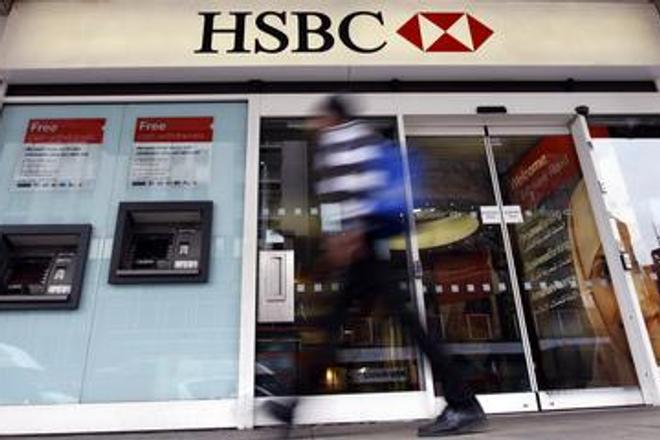Cases in which accounts in Swiss banks were mentioned in Slovakia
1. The Branisko tunnel – Swiss investigators traced €2.5 million at accounts of banks in Switzerland allegedly deposited by nominees of the Slovak Democratic and Christian Union (SDKÚ) from the Slovak Road Administration. Allegedly these were bribes for enabling a Swiss consortium to participate in a supply of construction technologies for construction of the five-kilometre Branisko tunnel. The Slovak police were solving the case from 2004. Four years later they accused management of the Slovak Road Administration of economic crimes.
2. Sale of carbon credits – In 2008 nominees of the Slovak National Party (SNS) at the Environment Ministry sold Slovak excessive carbon dioxide quota to the company Interblue Group, which immediately sold them to Japan, earning €47 million. Influential people are said to be using the US-headquartered Interblue Group as a front. Later this shell company was cancelled and a new one established - in Switzerland. In this case occurs also HSBC bank when Interblue received money from the Japanese via its branch in Hong Kong. These transactions took place in December 2009, during the time when, according to HSBC, stricter rules for suspicious transactions were already valid.
3. Money for SDKÚ – Swiss accounts with anonymous owners are mentioned also in the case of financing of the SDKÚ party. The party got rid of a debt of 22 million Slovak crowns and obtained additional 27 million crowns for its building on Medená street in Bratislava. It received the money from the Soul company. To finance the deal with SDKÚ, Soul took a loan from Credit Suisse while a woman named Irena Spoerry, with links to tax havens, guaranteed the loan.
Source: Sme
The leaked list includes 60 people with links to Slovakia.
Police said on February 10 that they will deal with the case only after they receive the information from foreign colleagues. Slovak tax offices have been investigating the case since February 9. By February 11 the National Crime Agency (NAKA) began to examine all published information.
“The unit has already contacted partners in Switzerland with a request for information about clients of HSBC,” Michal Slivka, Slovak police spokesman said as cited by the Sme daily. They have addressed also the HSBC offfice in London. They are also harmonising their steps with their Czech colleagues trying to get the list of Czech people with accounts in the bank in Switzerland.
The International Consortium of Investigative Journalists recently published information that HSBC Private Bank in Switzerland has accepted deposits of $102 billion from citizens of various countries, helping its customers to avoid their tax duties in their home countries. A total of 147 accounts of 60 clients containing $48.7 million in total had certain links to Slovakia but only six of them have a Slovak passport. The remaining accounts are of shell firms or are anonymous. The biggest client with the Slovak background had $10.5 million at the account, Sme wrote. No Slovak name has been published so far.
The Financial Administration first showed interest Monday when the case, involving data from 2006 and 2007, was made public.
“We will use all legal means to get data from Swiss Leaks,” said Financial Adminstration spokeswoman Patricia Macíková.
There are two paths to the data, according to Sme. The administration can either ask foreign journalists, who have the complete list of HSBC clients including Slovaks, for cooperation or ask French authorities, whom already posses the data, for help.
Available data indicates that HSBC opened the most suspicious accounts with links to Slovakia around 1998, at the outset of the second rule of the then prime minister Vladimír Mečiar when a period of wild privatisation was coming to an end, Sme wrote. In total 85 clients opened a suspicious account with links to Slovakia since 1975. Some were probably later closed because in 2006 HSBC registered only 60 clients with links to Slovakia. The most suspicious ‘Slovak’ accounts at HSBC were active in 2002, more than 40. At that time, during the second term of the then Prime Minister Mikuláš Dzurinda, Slovak electricity producer Slovenské Elektrárne, regional energy companies, water and gas utilities including SPP were being privatised. Later the activity on the accounts decreased and started to grow again in 2005 along with the approaching elections, won by Prime Minister Robert Fico’s Smer party, Sme wrote.
According to Interior Minister Robert Kaliňák, data directly from an official source would enable comparison with data of Slovak tax offices and put together the full mosaic.
“We will, of course, examine also information which will arrive to us as unverified, but relevant data could speed up a lot such things,” Kaliňák told the TA3 news channel.

 (source: AP/TASR)
(source: AP/TASR)